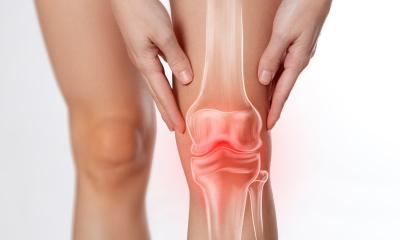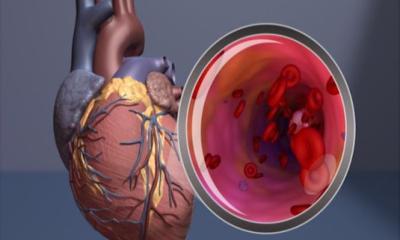News • Uncommon causes
Abdominal pain? Try thinking outside the box
Early detection of mesenteric ischemia increases treatment options and the possibility of a full recovery, but the condition’s rarity may lead to a delay in diagnosis while more common causes of abdominal pain are explored.
An article in the February 2018 issue of Critical Care Nurse (CCN) aims to heighten nurses’ knowledge of mesenteric ischemia (German article) and infarction (MI), which are infrequent but often deadly conditions in acute and critically ill patients, with a mortality rate of 50 to 60 percent. By considering the uncommon diagnosis in patient assessment and evaluation, nurses can help identify patients at risk more quickly so appropriate diagnostics and interventions may ensue. “MI: Not a Heart Attack but a Gut Attack” discusses the different types of arterial and venous MI of the small bowel, focusing on the vascular causes of the condition. The article reviews risk factors, clinical presentations, diagnostics and collaborative interventions.
Looking at only the most common causes for complications can lead to a delay in diagnosis, which can be deadly in cases of mesenteric ischemia
Rosemary K. Lee
MI symptoms may mimic more common gastrointestinal issues, including irritable bowel syndrome, appendicitis, ulcers, colon cancer or abdominal aortic aneurysm. It’s necessary to first evaluate patients for these unrelated conditions and rule them out, as appropriate, even though these similarities can lead to delays in diagnosis. With acute MI due to a thrombus, patients may appear to have unstable angina, or a similar experience before a myocardial infarction or heart attack.
Another type of acute MI is due to an embolus, and patients may present with nausea, vomiting and severe abdominal pain that is out of proportion to the physical findings. The abdomen may be soft with present bowel sounds, leading clinicians to evaluate other causes of the pain. One of the hallmark signs of chronic MI is intestinal angina, with many patients reporting cramps or other pain and discomfort that begin soon after eating and subside within a few hours.
Rosemary K. Lee, DNP, ARNP, ACNP-BC, CCRN, CCNS, and Ana M. Cabrera, DNP, ARNP, ACNP-BC, CCRN, co-wrote the article. Lee is a clinical nurse specialist for critical and progressive care at Homestead Hospital in Florida, and Cabrera serves as Homestead’s assistant vice president for critical and progressive care, obstetric, emergency and surgical services. “Looking at only the most common causes for complications can lead to a delay in diagnosis, which can be deadly in cases of mesenteric ischemia,” Lee said. “Time is of the essence for these patients, and nurses with a high level of suspicion can look beyond the often vague and confusing symptoms.”
Source: American Association of Critical-Care Nurses (AACN)
01.02.2018







